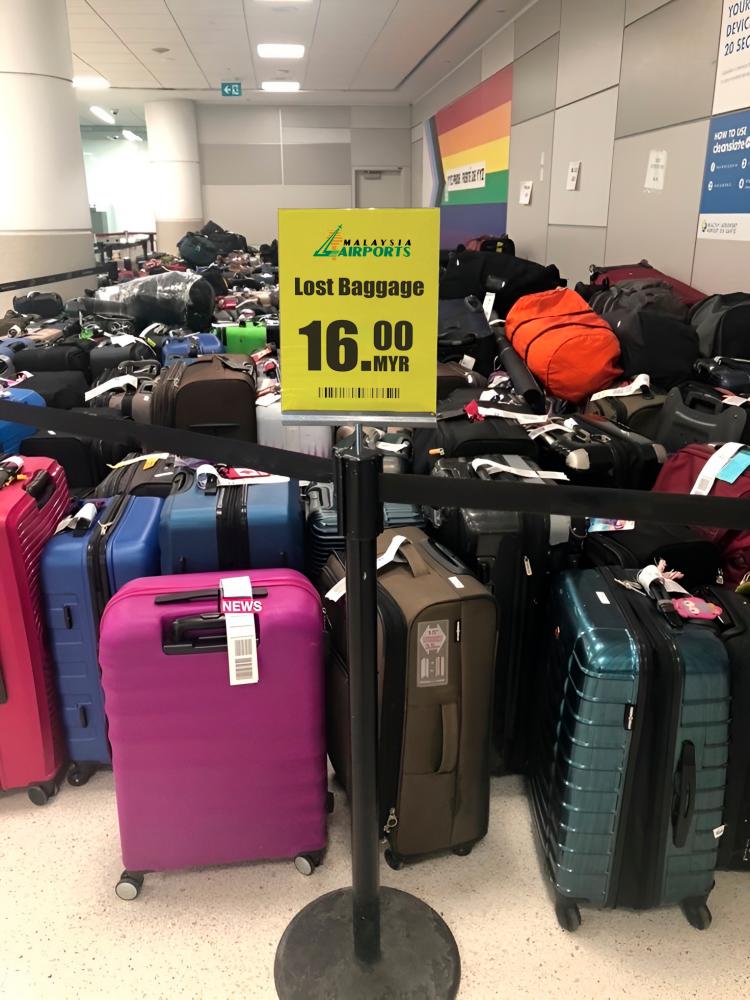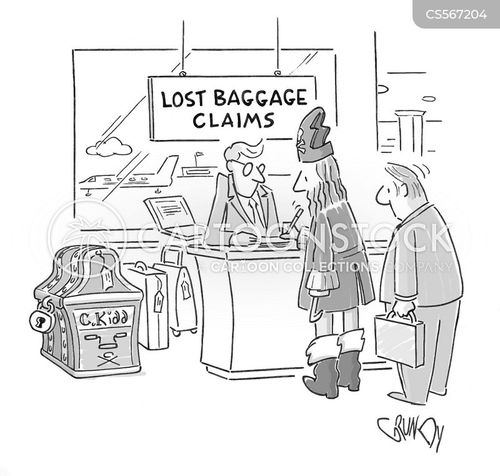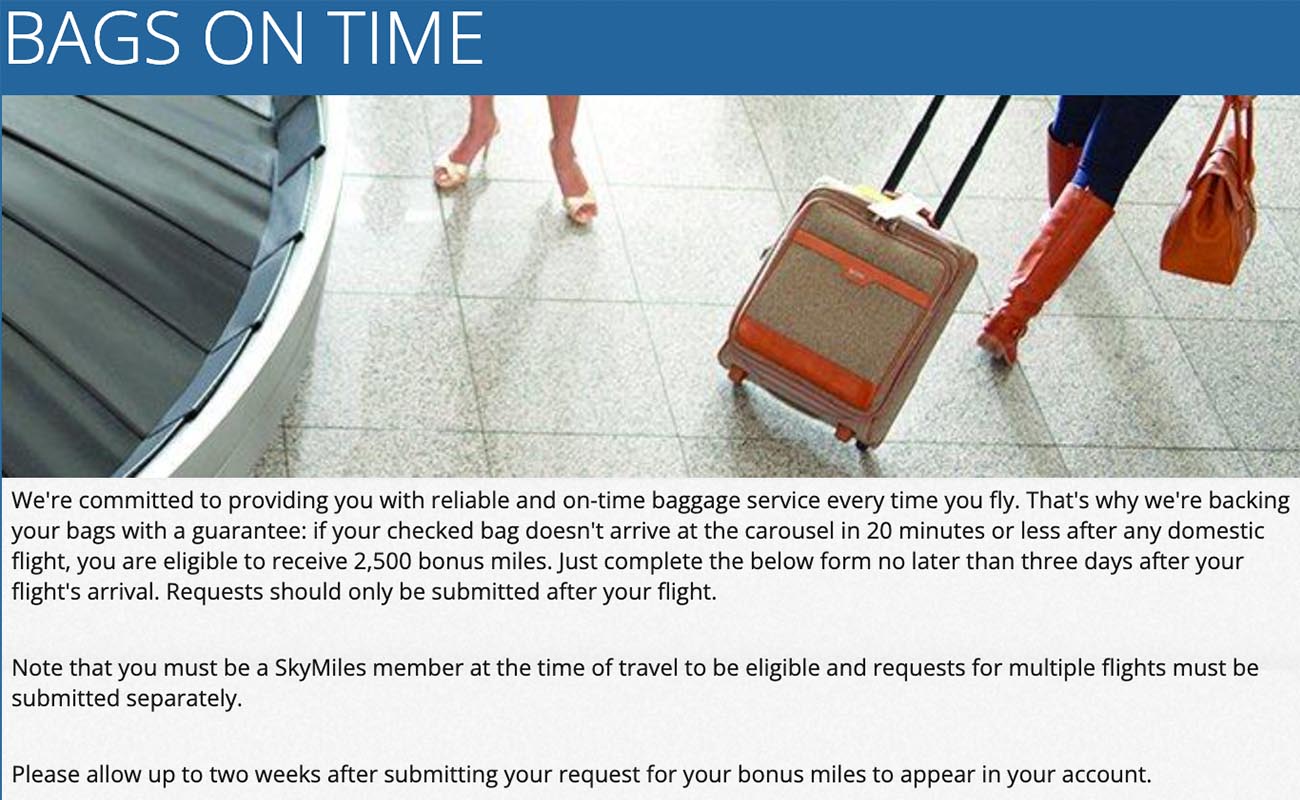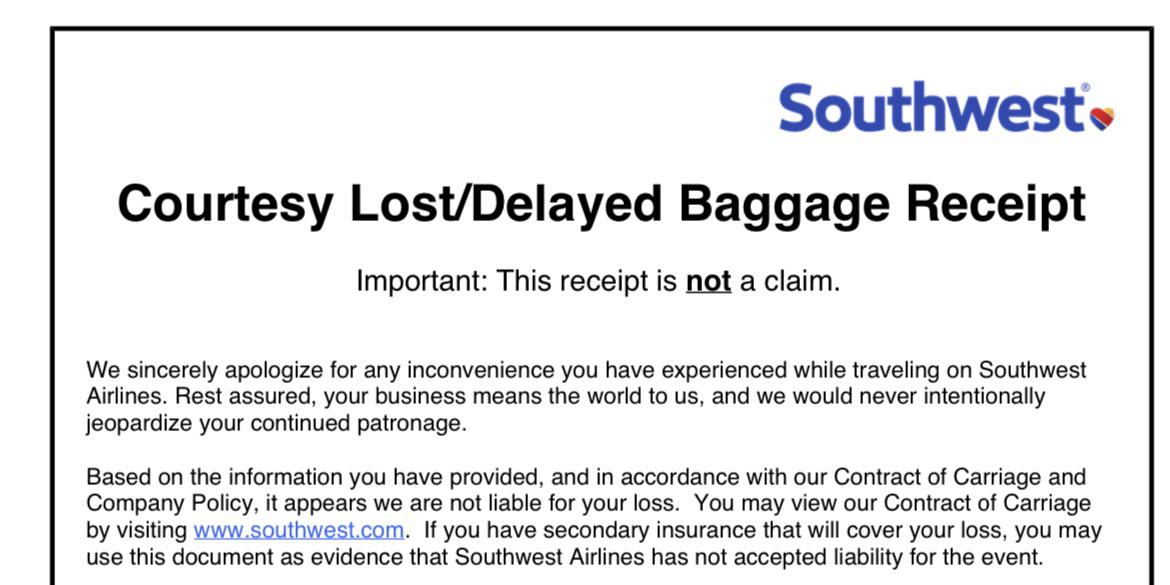Lost Baggage Policy: A Comprehensive Guide
This article details the crucial aspects of lost baggage policies, encompassing how to report lost luggage, the procedures involved, and what to expect during the claim process. Understanding your lost baggage policy is paramount to navigating the often-complicated situation of having your luggage misplaced or damaged. We'll explore every facet of the lost baggage policy to ensure you're well-equipped to handle this potential issue. Our focus remains steadfast on the complexities and ins and outs of the lost baggage policy.
Understanding Your Lost Baggage Policy
What Does the Lost Baggage Policy Cover?
Your lost baggage policy, often stipulated by airlines or transportation providers, details the circumstances and limitations under which a claim for lost or damaged luggage can be pursued. Different lost baggage policies have different stipulations concerning lost baggage. A thorough understanding of the specifics is crucial. This crucial aspect is key to understanding your lost baggage policy's parameters. This comprehensive review addresses all aspects of a lost baggage policy, equipping you with the knowledge you need to protect yourself should your luggage be lost. Crucially, this explanation will define and elaborate on the critical aspects of a lost baggage policy.
What the Lost Baggage Policy Doesn't Cover
Just as crucial is understanding what the lost baggage policy doesn't cover. Understanding the scope and limitations of your lost baggage policy ensures realistic expectations during a claim process. Thorough review and understanding of the specifics regarding the lost baggage policy are vital to success in any claim. Your lost baggage policy can protect you. The terms of the lost baggage policy are often dense, yet paramount. Reading your lost baggage policy meticulously and carefully is essential in this instance, as many items are not covered. Understanding the implications of your lost baggage policy can save time and frustration down the line. It's wise to review all elements of your lost baggage policy carefully before a trip.
Reporting Lost Baggage
How to Report Lost Luggage
Reporting lost baggage is the first crucial step. Immediately notify the relevant airline or transportation company (be it ground or air travel). Completing this crucial first step immediately triggers the beginning of the lost baggage claim process. You will be navigating the often convoluted regulations of the lost baggage policy and process. Carefully document everything per the guidelines set by your lost baggage policy, and consider contacting the authorities promptly after reporting lost luggage to the airlines. This should form the first step to navigating the convoluted specifics of the lost baggage policy's stipulations and process. Reporting promptly under your specific lost baggage policy should allow you to properly navigate the often difficult process of the lost luggage claim.
Essential Documentation

Source: redd.it
Thoroughly document all relevant information regarding your lost luggage claim per the requirements outlined in your specific lost baggage policy. Your documentation, including specific baggage identifiers, items present, dates and locations of travel (important if there are complications relating to the lost baggage policy), can significantly improve your success rate with any claim for your lost luggage. Proper record-keeping adheres to the essential aspects of most lost baggage policies. Ensure you are up-to-date on any revisions or new regulations involving lost baggage policies and consider your documentation strategy for your particular lost baggage policy claim. The procedures within the lost baggage policy require strict attention to documentation as this process may take many steps to succeed under various lost baggage policies.
The Claim Process

Source: thesun.my

Source: cartoonstock.com
Steps Involved
Following the proper protocol specified by your chosen carrier or transporter's lost baggage policy is crucial to a successful claim. Filing the claim according to your specific lost baggage policy is essential. Seek guidance regarding the details within your specific carrier's or transporter's lost baggage policy. Your approach to handling the claim must conform to your lost baggage policy's procedures. Review the specific requirements as per the pertinent airline or transporter's lost baggage policy. The lost baggage policy for airlines is typically different for various circumstances.
Dealing with Delays and Bureaucracy
Delays and administrative challenges are potential roadblocks within a lost baggage policy claim process. Persistence, diligence, and clear communication (if necessary, through legal counsel) regarding the lost baggage policy can minimize delays and complexities.
FAQs

Source: consumerrescue.org
What Happens if My Luggage is Found?
The resolution to a found luggage claim depends on the specific conditions in the carrier's or transporter's lost baggage policy. Contact the airline or relevant authorities to learn about potential procedures and outcomes specified by your lost baggage policy. The provisions specified by your carrier's or transporter's lost baggage policy should assist you to resolve issues surrounding recovered baggage quickly and fairly.
What About Damages to My Luggage?
:max_bytes(150000):strip_icc()/TAL-woman-picking-up-bag-DELAYEDBAGS0224-3606c23daf504cf8a1079a8fdfcd8fae.jpg)
Source: travelandleisure.com
This facet of the lost baggage policy varies. Specifics relating to lost or damaged baggage policies vary by the particular transportation or delivery entity and you need to find out which policy applies under those conditions and the relevant lost baggage policy information will help determine the scope of a possible claim.
Conclusion
A well-defined and thorough understanding of a lost baggage policy is vital for travellers. Carefully reading and referencing your policy prior to departure can alleviate stress and complexity associated with the procedure. Always remember the particular regulations and specifics under a lost baggage policy. By knowing your lost baggage policy in detail, travellers can greatly minimize their worries and maximize their chance of success when lost or damaged luggage occurs during their travels. This, by and large, forms the core concepts for properly using and managing the specifics of a lost baggage policy. Remember that reviewing the relevant and specific elements of a particular lost baggage policy is critical. Understanding lost baggage policy and properly handling its processes and related documentation are important for success during a claim process. Finally, understanding a lost baggage policy before a trip is extremely helpful when dealing with complications that arise. The lost baggage policy can provide a useful resource to navigate potentially complex travel situations.
